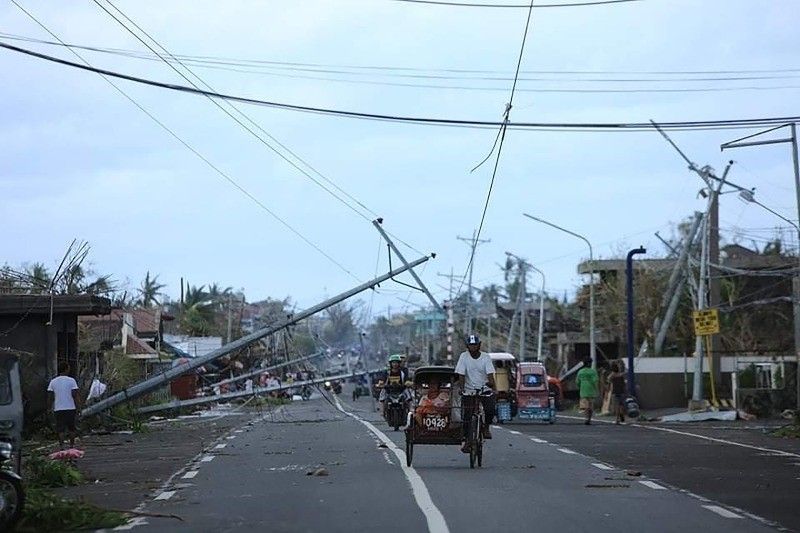Luzon price controls unlikely to influence inflation — BSP

MANILA, Philippines — A broader price freeze in basic commodities sold in typhoon-battered Luzon is not expected to alter an inflation path currently tilting downwards because of lackluster demand, the Bangko Sentral ng Pilipinas (BSP) said.
While at the onset a freeze may stop price hikes, which in turn can slow inflation further, BSP Governor Benjamin Diokno said a sudden lifting of the same order would not get inflation out of hand.
“Price freeze is temporary. It is meant to deter unscrupulous businessmen from taking advantage of the calamity,” Diokno said in a Viber message on Wednesday.
“The declaration of state of calamity is issued to allow LGUs (local government units) to use of calamity fund appropriations in their respective budgets,” he added.
On Tuesday night, President Rodrigo Duterte told a televised address he signed a proclamation placing Luzon under a state of calamity to tackle the damage caused by three typhoons — Quinta, Rolly, and Ulysses — that sliced through the main island in the past weeks and flattened vast swathes of farmlands.
An official order to that effect has not been released however, and Trade Secretary Ramon Lopez said his department is awaiting for the document to enforce the price freeze.
Under the law, prices of essentials are automatically frozen under a state of calamity for a period of not more than 60 days.
Currently however, Cavite, Albay, Batangas, Oriental Mindoro and Marinduque have gone ahead and imposed price controls in their areas after the typhoons struck. For Ruben Carlo Asuncion, chief economist at UnionBank of the Philippines, the impact of these regulatory relief on inflation has remained unclear.
“Price freezes are good but we know that implementation on the ground can be a challenge especially in far-flung areas,” Asuncion said in a text message.
“We have to look at current inventory and how this will affect prices from here onwards. But definitely, after typhoons and consequent destructions cause upticks in rice prices based on historical data,” he added.
A moderated increase in consumer prices is providing scope for BSP to flood the economy with money without worrying doing so would push inflation to dangerous levels. These funds, released by banks through a series of interest and reserve cuts, are seen buttressing economic activity, although slow lending in recent months have tempered the impact.
For the first 10 months, inflation has averaged 2.5% for the first 10 months, falling at the low-end of the central bank’s 2-4% goal. That is seen going down to 2.3% by yearend, although the forecast is up for review on Thursday when BSP meets to set policy.
- Latest
- Trending

























